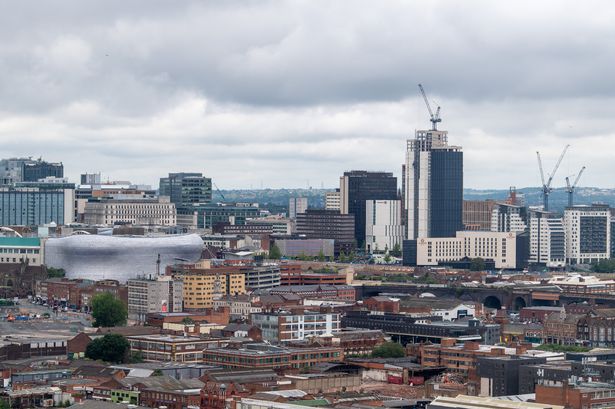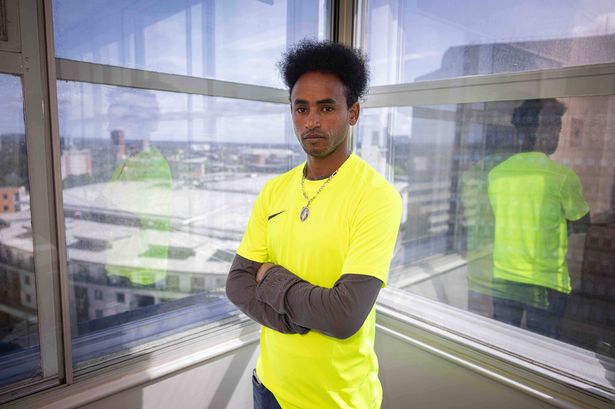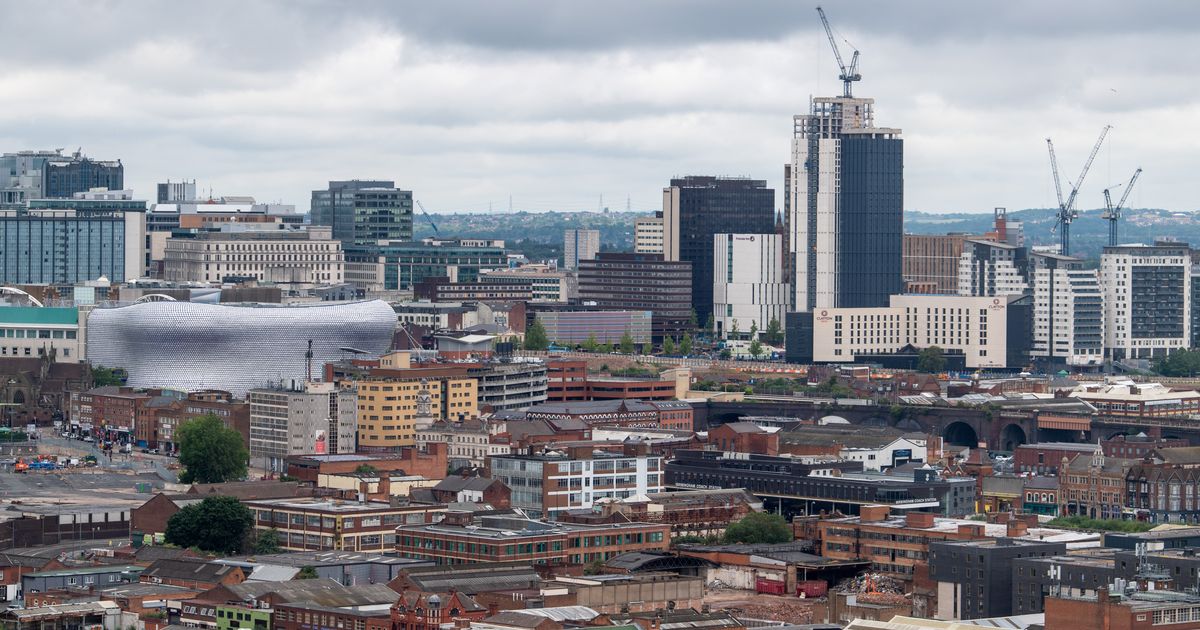What does it actually mean to be British and does the mandatory quiz accurately reflect that? BirminghamLive takes a look at the process that thousands must undergo The test is a general knowledge quiz on British culture, laws and history and often the last stage involved in gaining citizenship(Image: Martin O’Callaghan/Birmingham Live)
The test is a general knowledge quiz on British culture, laws and history and often the last stage involved in gaining citizenship(Image: Martin O’Callaghan/Birmingham Live)
The Life in the UK Test is an essential requirement for anyone taking the final step to becoming a British citizen.
For 45 minutes, candidates will answer 24 questions, constructed to show if they have sufficient knowledge of British values and society.
The test is just one stage in a very costly, complex and red tape bound process of becoming a British citizen.
READ MORE: It’s Refugee Week – these are just some of the people who call Birmingham home
As we round off Refugee week, we wanted to look into just part of the process that many in the city will have to go through to achieve citizenship.
Circumstances differ per individual, but generally, after the successful grant of refugee status and staying here for the number of years granted, people can apply for indefinite leave to remain and then follow the steps to become a British citizen, which incudes the Life in the UK test.
The test is a general knowledge quiz on British culture, laws and history – and as someone born in the country, I wanted to see if I could at least get the answers right.
Of course we couldn’t get access to the real test, as that is something applicants sit in a test centre in a controlled environment.
However there are practice questions online that hopeful applicants can use to practise with – which give an idea of the nature of the challenge.
How does the test work?
When you sit the real Life in the UK test, you have 45 minutes to answer 24 questions based on the ‘Life in the UK handbook.’
Applicants will often spend months preparing to sit this test.
There are scores of online forums and YouTube videos giving advice from people who have passed (and failed) to give a flavour of what to expect.
You must score 75% or more to pass the test and an incentive for passing is that it costs £50 a pop.
I gave the practise questions a go, with minimal preparation but being born in Britain, these should be things I should already know, right?
A few minutes in it is clear to see why some native Brits would struggle with this test.
I am sitting the test questions from a position of privilege, I don’t need to pass this, I was born into citizenship.
But it struck me that there is perhaps a bigger consideration here on what it actually means to be British and if the quiz accurately reflects that.
Example questions
I answered the following five questions without any real preparation.
You can find the answers at the bottom of the story, see how you do. I got three questions right and two wrong.
1) Who were the first people to arrive in Britain in what we call the Stone Age?
2) When did Britain become permanently separated from the continent by the Channel?
3) The Commonwealth has no power over its members and it cannot suspend their membership:
4) Which of the following statements regarding the Black Death is NOT true?
5) Who was reigning in England when Wales became formally united with England by the Act for the Government of Wales?
Stories from Birmingham’s refugee community
Birmingham has a strong history of welcoming people who have fled war and hardship – from our ongoing participation in the Afghan resettlement scheme following Taliban rule, to the city’s “swift response” to the Ukrainian conflict.
Refugee Week has run from June 16 to 22 this year and BirminghamLive has been spotlighting some of the experiences of those who fled their home countries to make new lives in Birmingham.
From the Eritrean runner who fled one of the most secretive countries in the world and survived emergency back surgery, to the mother and daughter duo from Ukraine and boxer who escaped Sudan as a lone a teen, Birmingham has provided sanctuary to many.
You can read more on localised figures, and how asylum housing works, in our story here.
We also explained why 16 billboards with the same message have popped up on roads across Birmingham this week – find out more here.
 Kidanemariam arrived in Birmingham eight months ago and has shared his experiences with BirminghamLive ahead of refugee week. He lives in ACH housing in the city’What becomes possible when we create room for others to thrive’
Kidanemariam arrived in Birmingham eight months ago and has shared his experiences with BirminghamLive ahead of refugee week. He lives in ACH housing in the city’What becomes possible when we create room for others to thrive’
As part of our Refugee Week coverage, we spoke to people through city organisation ACH, which has offices and and supported accommodation in Birmingham, Coventry, Solihull, Wolverhampton and Bristol and focusses on helping refugees and migrants navigate the UK system and thrive.
ACH CEO Fuad Mahamed told BirminghamLive: “Birmingham Thrives When We All Belong” isn’t just a message – it’s a call to recognise the value and potential each person brings when given the chance to belong. It’s a celebration of what becomes possible when we create room for others to thrive, irrespective of where they’ve come from.
“At ACH, we see every day how talent, resilience and empowerment can strengthen our communities – not in spite of difference, but because of it. When everyone has the opportunity to contribute, we all move forward. That’s the future we’re building and advocating for – in Birmingham and across the UK.”
Answers
1) Hunter gatherers
2) 10,000 years ago
3) False
4) It affected children and old people only
5) Henry VIII
